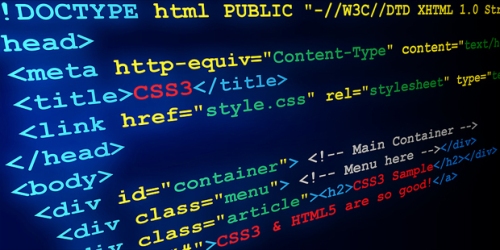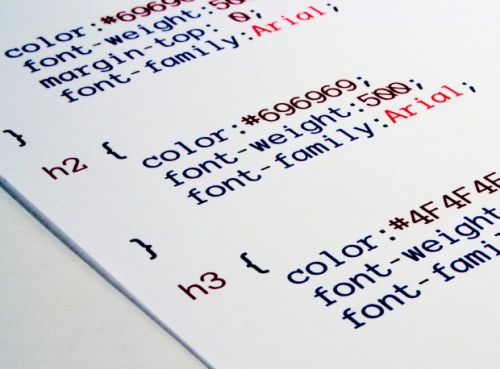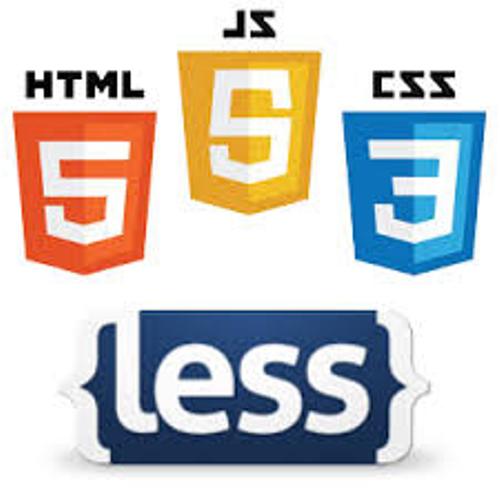10 Facts about CSS
Facts about CSS present the information about a style sheet language. The word CSS stands for Cascading Style Sheets. If you use a markup language in a presentation, you need to employ CSS. CSS is primarily applied for XHTML and HTML. But the application of CSS is not limited. The people who work with XML documents such as XUL, SVG and XML can apply CSS too.
Facts about CSS 1: the function of CSS
CSS is very important to improve the visual look of webpages. It makes the websites more attractive to view.
Facts about CSS 2: the mobile and web app
The mobile apps and web apps also need CSS because it is functional for the user interfaces.

CSS Editor
Facts about CSS 3: the document content
There are several aspects of document contents like fonts, colors and layout that you can separate by using CSS.
Facts about CSS 4: the importance of separation
When you can separate each aspect in the document content, you can get a lot of benefits. The user can decrease repetition and complexity. Moreover, he or she can control the characteristics of presentation due to the flexible accessibility.

CSS Facts
Facts about CSS 5: the different rendering methods
It allows the users to have different rendering methods by voice, in print or on screen by using the content and formatting separation on CSS. Get interesting facts about computer viruses here.
Facts about CSS 6: easier search
It will be easier for the users to search for the style sheet because the CCS file can be used in specified storage space.

CSS Image
Facts about CSS 7: changes
It is easier for the user to apply changes on hundreds of documents. You do not have to alter the markup. What you have to do is editing the CSS file. Find facts about CPU here.
Facts about CSS 8: W3C
W3C stands for World Wide Web Consortium. It has the primary function to maintain the specifications of CSS. A free CSS validation service for CSS documents is under the operation of World Wide Web Consortium.

CSS Pic
Facts about CSS 9: CSS information
If you want to receive the CSS information, there are numerous sources available. You can check the information from author, user and web browser. Property definition, inheritance, importance, media type, inline, and rule orders are some aspects that you can find out from CSS information from the author.
Facts about CSS 10: the purpose of CSS
CSS is made because it wants to give the user more control when he or she creates presentation.

Facts about CSS
Are you interested reading facts about CSS?


